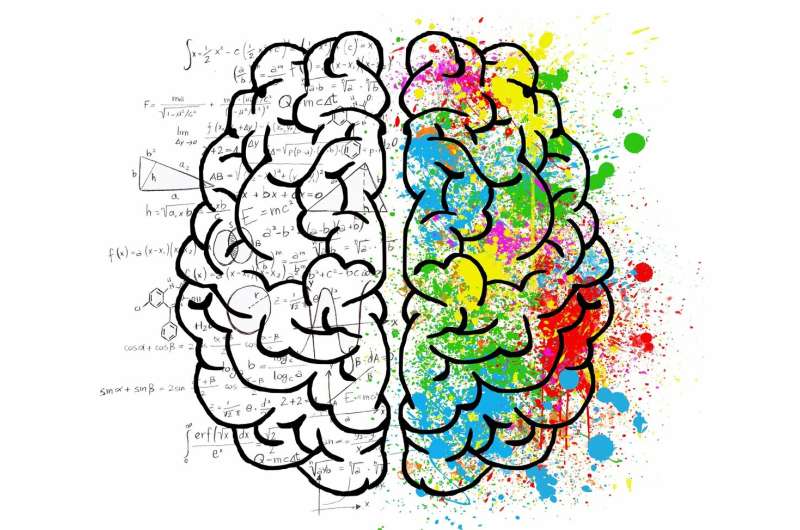How psychotherapy can be provided in times of COVID-19

The impact of the COVID-19 pandemic underscores the potential public health significance of broader dissemination of modes of therapy for both depressive and anxiety disorders that do not require the patient and therapist to be in the same room. Computer-assisted models of CBT (CCBT) have been introduced over the past 25 years to reduce such barrier. There is growing evidence that computer-delivered or computer-assisted forms of cognitive behavior therapy (CCBT) are helpful, but cost-effectiveness versus standard therapies is not well established. To evaluate the cost-effectiveness of a therapist-supported method for CCBT in comparison to standard cognitive behavior therapy (CBT),154 drug-free major depressive disorder outpatients were randomly assigned to either 16 weeks of standard CBT (up to twenty 50-min sessions) or CCBT using the Good Days Ahead program (including up to 5.5 h of therapist contact). Economic analyses took into account the costs of services received and work/social role impairment.
Results show that the clinical benefits of a 16-week course of treatment with the GDA model of CCBT were noninferior to those of a relatively intensive course of individual CBT. In addition, such therapeutic equivalence was achieved with a cost savings of USD 945 per patient. One practical implication of the reduced use of therapist time is that nearly three times as many depressed people could be treated without any loss of clinical benefit if this approach was routinely used instead of conventional CBT as a first-line therapy.
A method of CCBT that blended internet-delivered modules and abbreviated therapeutic contact reduced the cost of treatment substantially without adversely affecting outcomes. Results suggest that use of this approach can more than double the access to CBT. Because clinician support in CCBT can be provided by telephone, videoconference, and/or email, this highly efficient form of treatment could be a major advance in remote treatment delivery.
More information: Michael E. Thase et al. Improving Cost-effectiveness and Access to Cognitive Behavior Therapy for Depression: Providing Remote-Ready, Computer-Assisted Psychotherapy in Times of Crisis and Beyond, Psychotherapy and Psychosomatics (2020). DOI: 10.1159/000508143


















